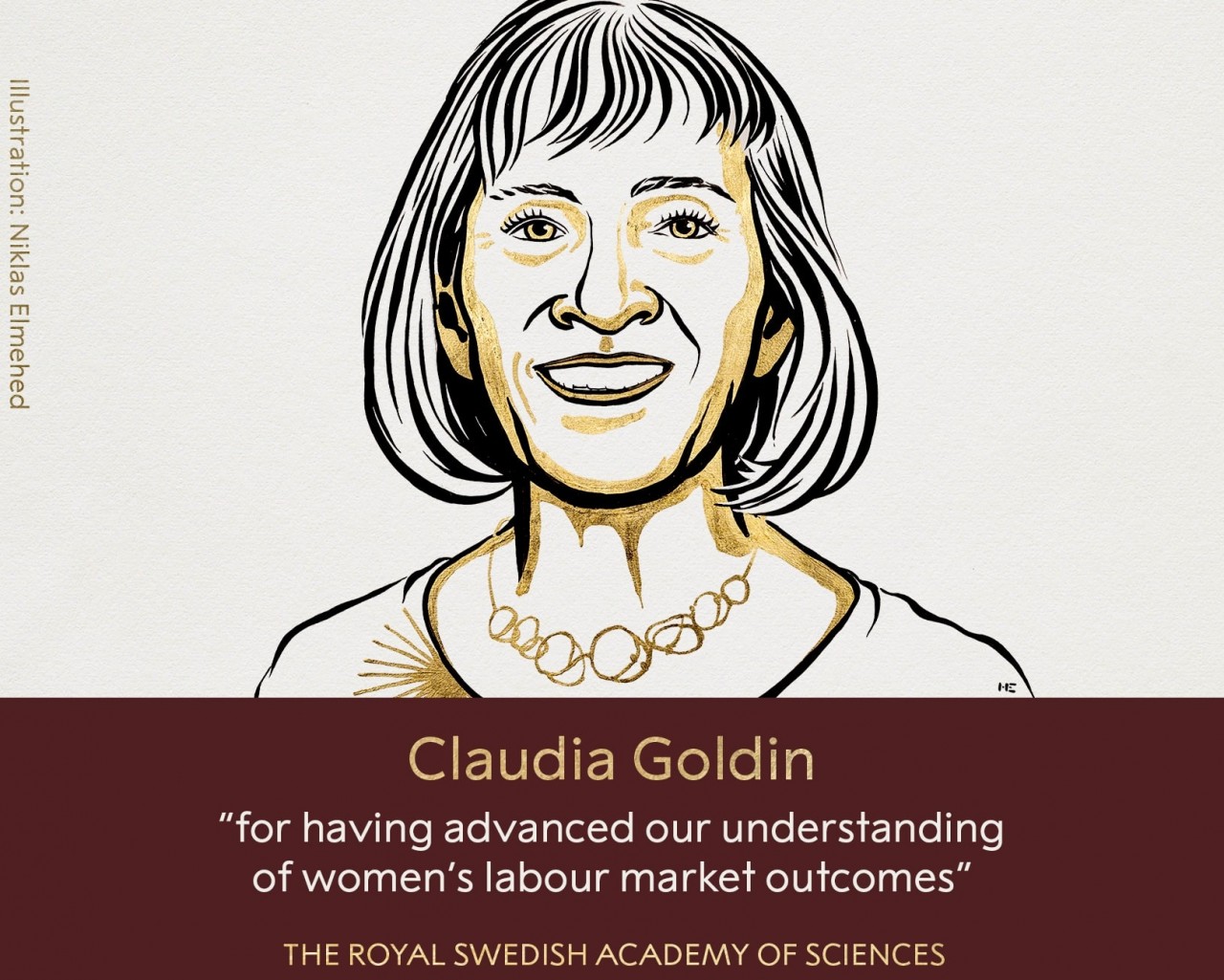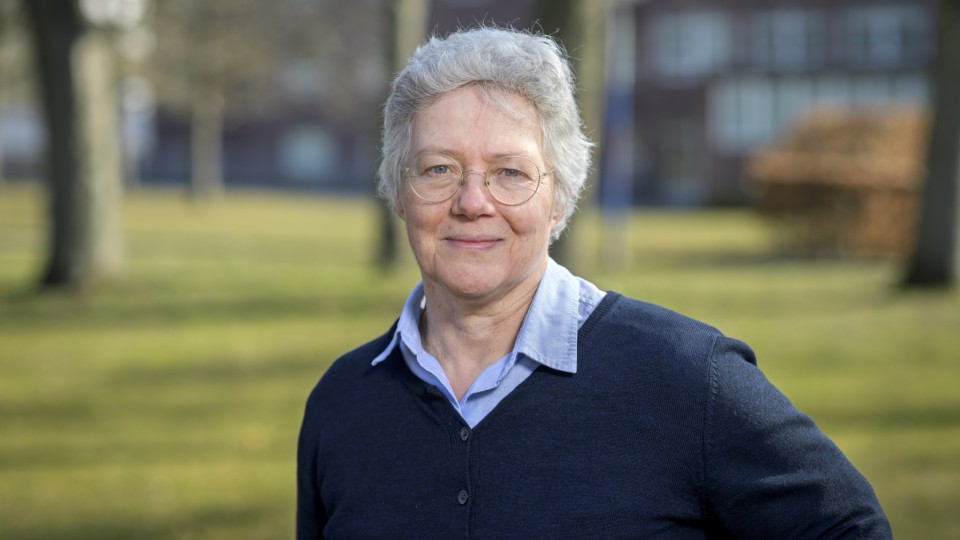Biography of American Scientist Ardem Patapoutian: Early Life, Career, Awards and Achievement
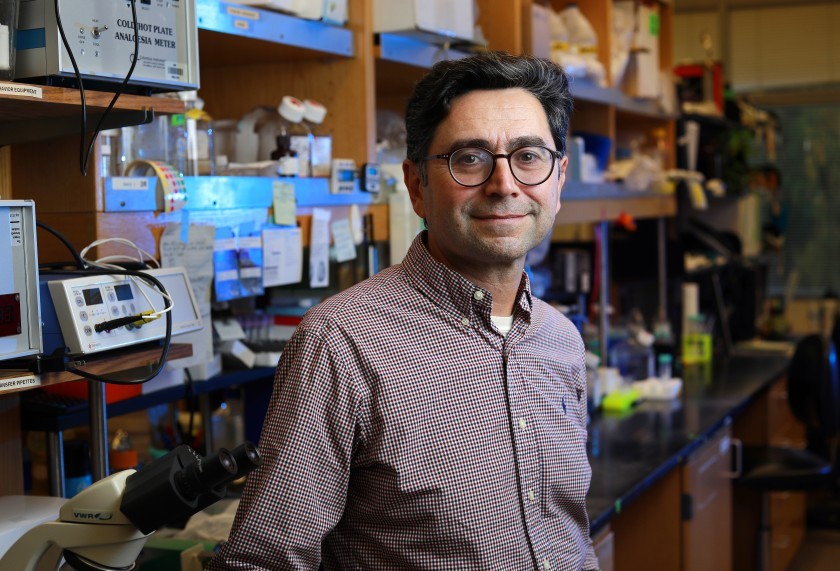 |
| The San Diego Union-Tribune |
Scripps Research Professor Ardem Patapoutian, PhD, has been awarded the Nobel Prize in Physiology or Medicine for groundbreaking research that solved a long-standing mystery of how the body senses touch and other mechanical stimuli.
Patapoutian, a professor in the Dorris Neuroscience Center at Scripps Research in La Jolla, CA, and a Howard Hughes Medical Institute investigator, shares the prize with David Julius, PhD, at the University of California San Francisco for “their discoveries of receptors for temperature and touch.”
The Nobel Prize committee cited the discoveries by Patapoutian and his colleagues of two ion channels, PIEZO1 and PIEZO2, that are necessary for the cells to respond to mechanical stimuli.
Who is Ardem Patapoutian – Biography
Ardem Patapoutian (born 2 October 1967) is an American molecular biologist, neuroscientist, and Nobel Prize laureate. He is known for his work in characterizing the PIEZO1, PIEZO2, and TRPM8 receptors that detect pressure, menthol, and temperature. Patapoutian is a neuroscience professor and Howard Hughes Medical Institute investigator at Scripps Research in La Jolla, California. He won the Nobel Prize in Physiology or Medicine in 2021 jointly with David Julius.
Ardem Patapoutian – Early Life and Education
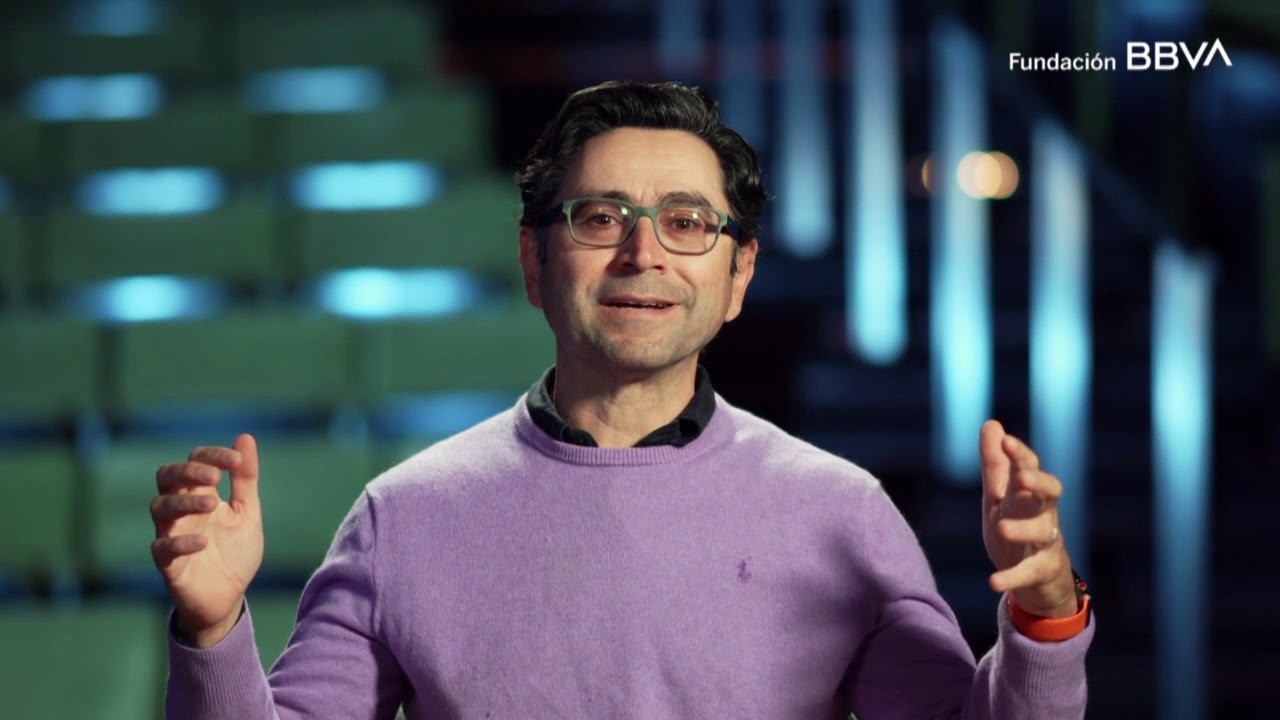 |
| BBVA Foundation |
Patapoutian was born to an Armenian family in Beirut, Lebanon. He attended the American University of Beirut for a year before emigrating to the United States in 1986. He became a U.S. citizen. He received a bachelor's degree in cell and developmental biology from the University of California, Los Angeles in 1990 and a Ph.D. in biology from the California Institute of Technology in 1996.
As a postdoctoral fellow, Patapoutian worked with Louis F. Reichardt at the University of California, San Francisco. In 2000, he became an assistant professor at the Scripps Research Institute. Between 2000 and 2014, he had an additional research position for the Novartis Research Foundation. Since 2014, Patapoutian has been an investigator for the Howard Hughes Medical Institute (HHMI).
Ardem Patapoutian - Research career
Patapoutian's research is into the biological receptors for temperature and touch (nociception). The knowledge is used to develop treatments for a range of diseases, including chronic pain. The discoveries made it possible to understand how heat, cold and mechanical forces trigger nerve impulses.
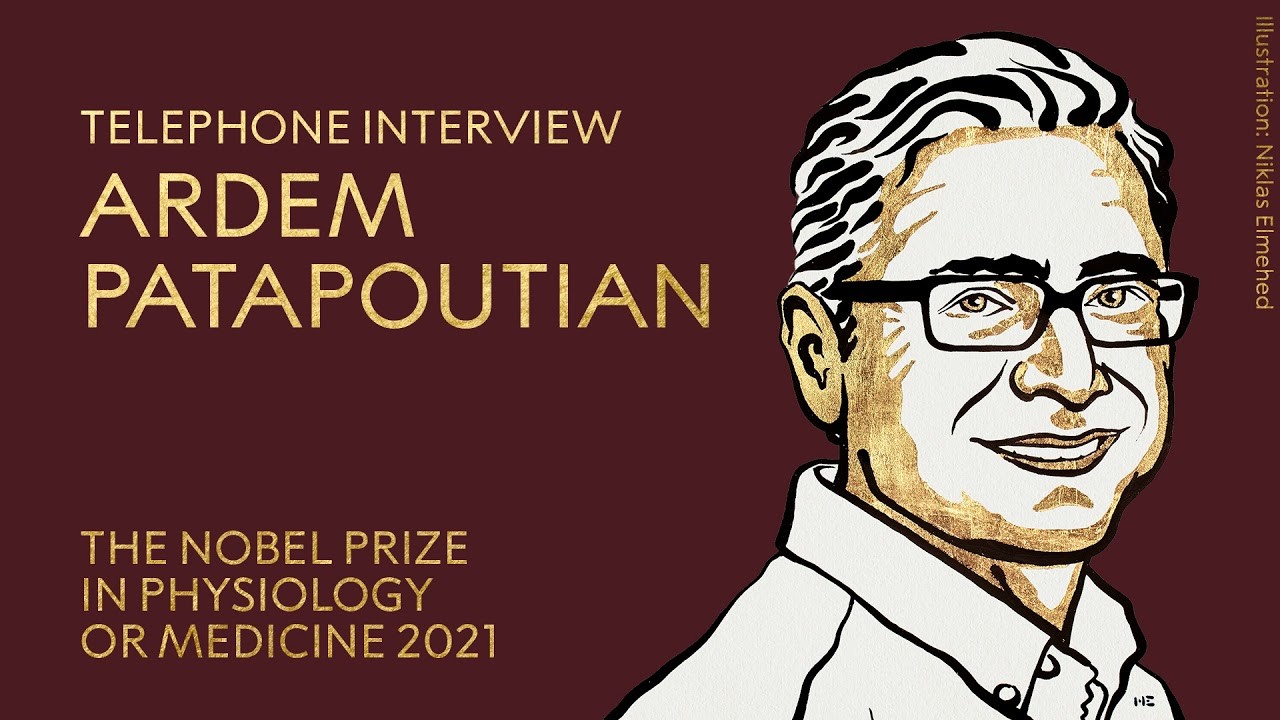 |
| Nobel Prize |
Patapoutian researches the signal transduction of sensors. To find the molecular basis for touch, Patapoutian and his collaborators inactivated genes until they identified the single one that, when disabled, made the cells insensitive. The channel integral to the sense of touch became known as PIEZO1, after the Greek word for pressure. Through its similarity to PIEZO1, a second gene was discovered and named PIEZO2. This ion channel, the more important of the two mechanoreceptors, is essential for the sense of touch. PIEZO1 and PIEZO2 channels have been shown to regulate additional important physiological processes including blood pressure, respiration and urinary bladder control.
Patapoutian also made significant contributions to the identification of novel ion channels and receptors that are activated by temperature, mechanical forces or increased cell volumn. Patapoutian and co-workers were able to show that these ion channels play an outstanding role in the sensation of temperature, in the sensation of touch, in proprioception, in the sensation of pain and in the regulation of vascular tone. More recent work uses functional genomics techniques to identify and characterize mechanosensitive ion channels (mechanotransduction).
Why is the work important?
The identification of pain receptors prompted a flurry of interest from pharmaceutical companies: If you could block the channel identified by Dr. Julius, they reasoned, you could address chronic pain.
But there were several major problems. One is that some sensitivity to pain is useful; without it, people risk running a scalding hot bath or burning their hands on a stovetop. “Pain serves a purpose,” Dr. Caterina said.
Another is that the same channels responsive to heat also turned out to contribute to the control of body temperature. Blocking them was found to cause a slight fever — a potentially major liability.
As a result, some scientists — including Peter McNaughton, a professor of pharmacology at King’s College London — have focused on the channels’ tendency to become hypersensitive when inflammation occurs. Instead of trying to stop the channels’ normal activity, the scientists studied ways to safely block them from revving up even further in response to inflammation.
Another approach is to take advantage of the fact that repeated exposure to capsaicin makes sensory neurons less sensitive — the same reason that people who eat spicy foods develop a certain tolerance, Dr. Caterina said. Apply a prescription-strength patch with a lot of capsaicin, Dr. Caterina said, and it should deaden the pain response.
Still, difficulties remain. For example, it turned out that there were multiple heat-sensing channels. Block some, and others would compensate. “If you whack one of them, the other ones can still respond to noxious heat,” said Professor John Wood of University College London, who studies pain and touch.
The channels identified in Dr. Patapoutian’s work, Dr. Wood said, were involved in so many processes that they made for difficult drug targets.
“It’s fascinating mechanistically,” Dr. Wood said, “but I don’t think it has much clinical relevance to treating pain.”
Ardem Patapoutian - Awards and Achievement
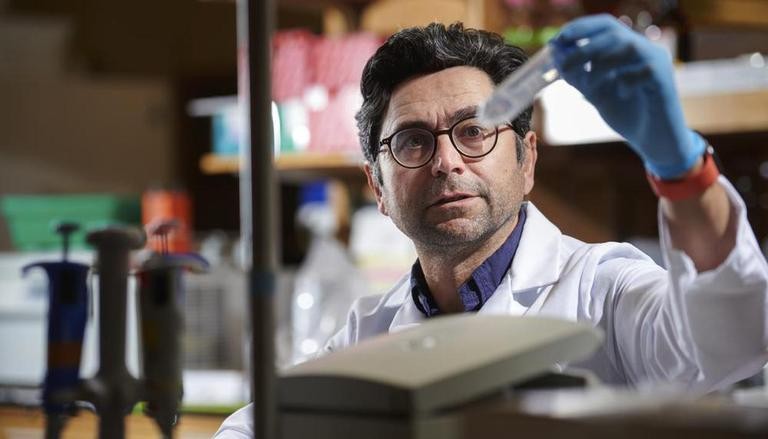 |
| Photo: AP |
Patapoutian has an h-index of 68 according to Google Scholar, and of 63 according to Scopus as of May 2020. He has been a Fellow of the American Association for the Advancement of Science since 2016, a member of the National Academy of Sciences since 2017 and of the American Academy of Arts and Sciences since 2020. In 2017, Patapoutian received the W. Alden Spencer Award, in 2019 the Rosenstiel Award, in 2020 the Kavli Prize for Neuroscience, and the BBVA Foundation Frontiers of Knowledge Award in Biology / Biomedicine.
In 2021, he was awarded the Nobel Prize in Physiology or Medicine jointly with David Julius for their discoveries of receptors for temperature and touch.
Ardem Patapoutian receives 2021 Nobel Prize in PhysiologyPatapoutian, a professor in the Dorris Neuroscience Center at Scripps Research in La Jolla, CA, and a Howard Hughes Medical Institute investigator, shares the prize with David Julius, PhD, at the University of California San Francisco for “their discoveries of receptors for temperature and touch.” The Nobel Prize committee cited the discoveries by Patapoutian and his colleagues of two ion channels, PIEZO1 and PIEZO2, that are necessary for the cells to respond to mechanical stimuli. “The breakthrough by Patapoutian led to a series of papers from his and other groups, demonstrating that the Piezo2 ion channel is essential for the sense of touch,” the Nobel committee wrote. “Moreover, Piezo2 was shown to play a key role in the critically important sensing of body position and motion, known as proprioception.” The committee added that in further work, Piezo1 and Piezo2 channels have been shown to regulate additional important physiological processes including blood pressure, respiration and urinary bladder control. “Dr. Patapoutian, together with Dr. Julius, unlocked one of the mysteries of life, how do we sense temperature and pressure,” says Peter Schultz, President and CEO of Scripps Research. “The Nobel Prize is wonderful recognition of these discoveries. I have followed Ardem’s career closely since he first came to Scripps Research and can say that he is an extraordinary scientist, mentor, and colleague and a wonderful person.” Starting with a basic question Patapoutian says he had originally set out to investigate a fundamental question, how pressure and touch are perceived. But simple questions led to very complex discoveries, which continue today. It turns out those mechanical pressure sensors control a wide array of biological needs, going far beyond the pain of a pinch or the pleasure of a caress, and extending to how one cell communicates with another, how we sense our body in time and space, how our organs move, and more. “Mechanosensation is how cells talk to each other by force,” Patapoutian says. “We didn’t know the importance of pressure sensors to the body until we first found them. Blood pressure – hypertension is affected, as well as bladder fullness. We talk about a key that unlocks a door that opens to a room. These receptors are the key to the door of understanding biology and disease.” The research has produced much that was unexpected. For example, Piezo1 is expressed in red blood cells and immune cells and may be involved in protection from malaria as well as affecting the amount of iron in blood, he says. The exploration of PIEZOs continues. They may be involved in tracking how much the stomach stretches during a meal, and how much food passes through the intestines during digestion. They appear to be involved in neuropathic pain, too. |
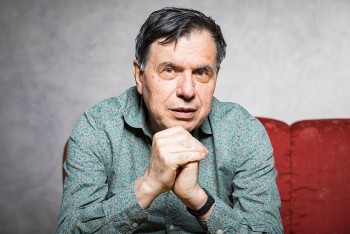 | Biography of Giorgio Parisi: Early Life, Career, Awards and Achievement Giorgio Parisi, an Italian theoretical physicist, whose research has focused on quantum field theory, statistical mechanics and complex systems, becomes the sixth Italian scientist to ... |
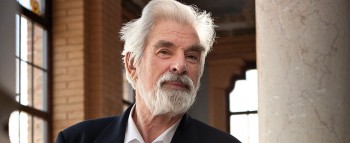 | Biography of Klaus Hasselmann: Early Life, Career, Awards and Achievement Klaus Hasselmann, a leading German oceanographer and climate modeller, and founding Director of the Max Planck Institute for Meteorology, receives the Nobel Prize in Physics ... |
 | Who is Singer V of BTS: Early Life, Career, Personal Life, Achievement Kim Tae-hyung (born December 30, 1995), also known by his stage name V, is a South Korean singer, songwriter, and actor. He is a vocalist ... |
Recommended
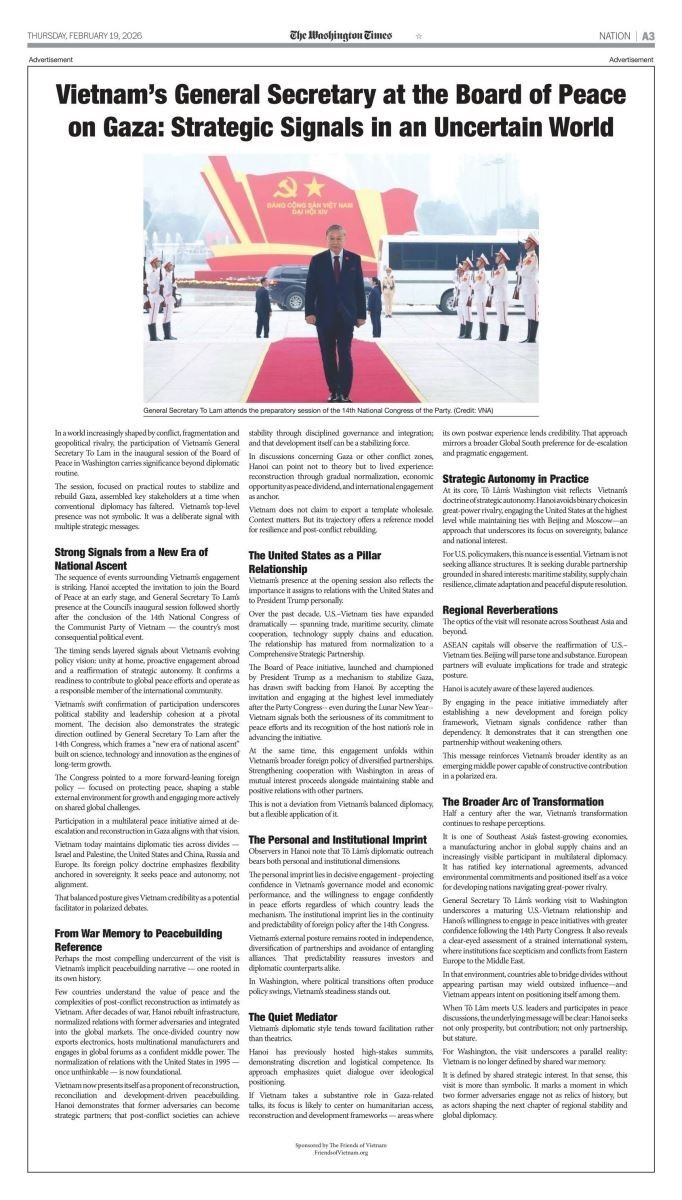 World
World
US Media Commend Vietnam’s Role in Global Peace Efforts
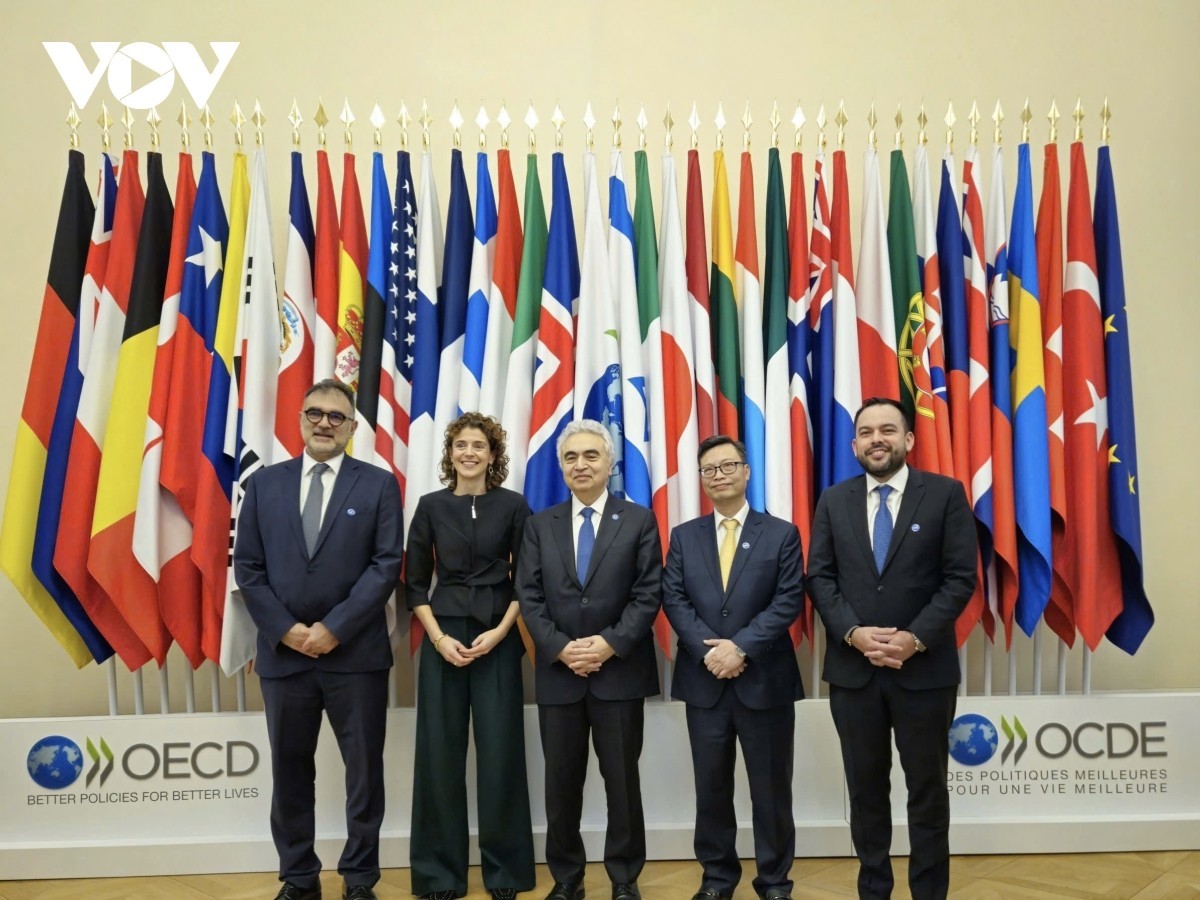 World
World
Vietnam Officially Becomes Association Country of International Energy Agency (IEA)
 World
World
Key pacts signed as PM Modi hosts France's Macron for plane cooperation
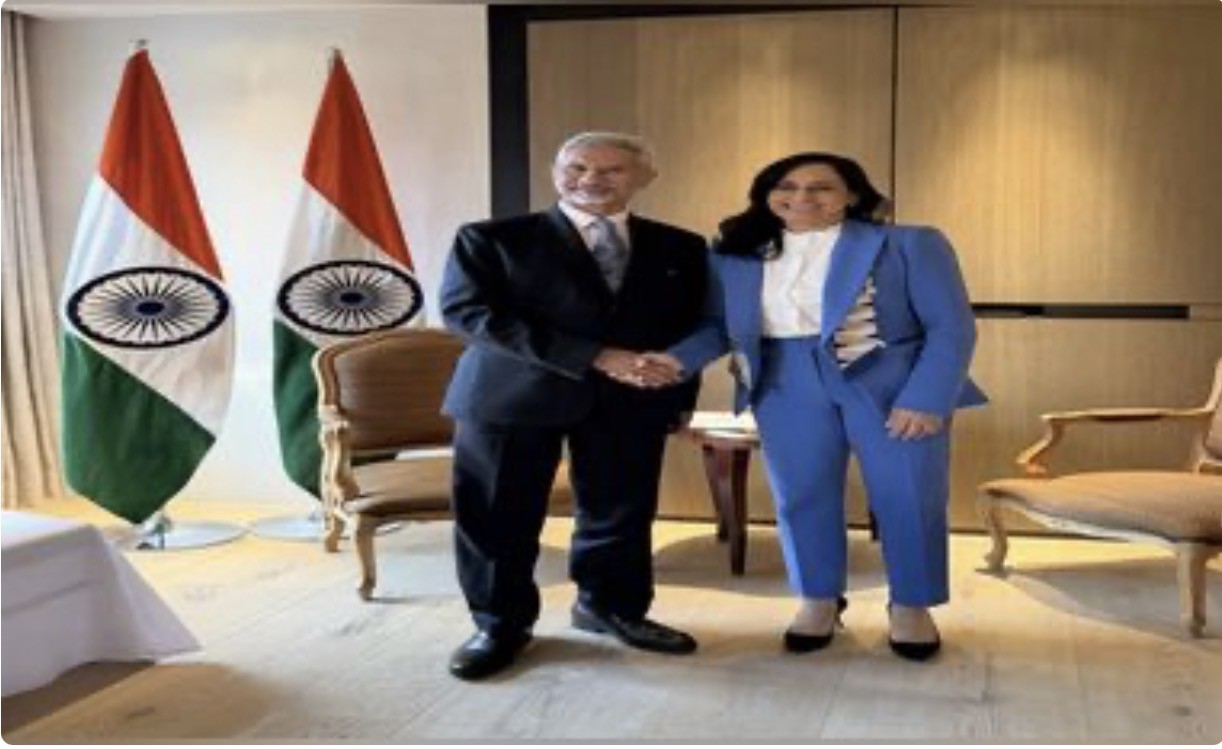 World
World
India, Canada commit to strengthening bilateral ties, discuss trade
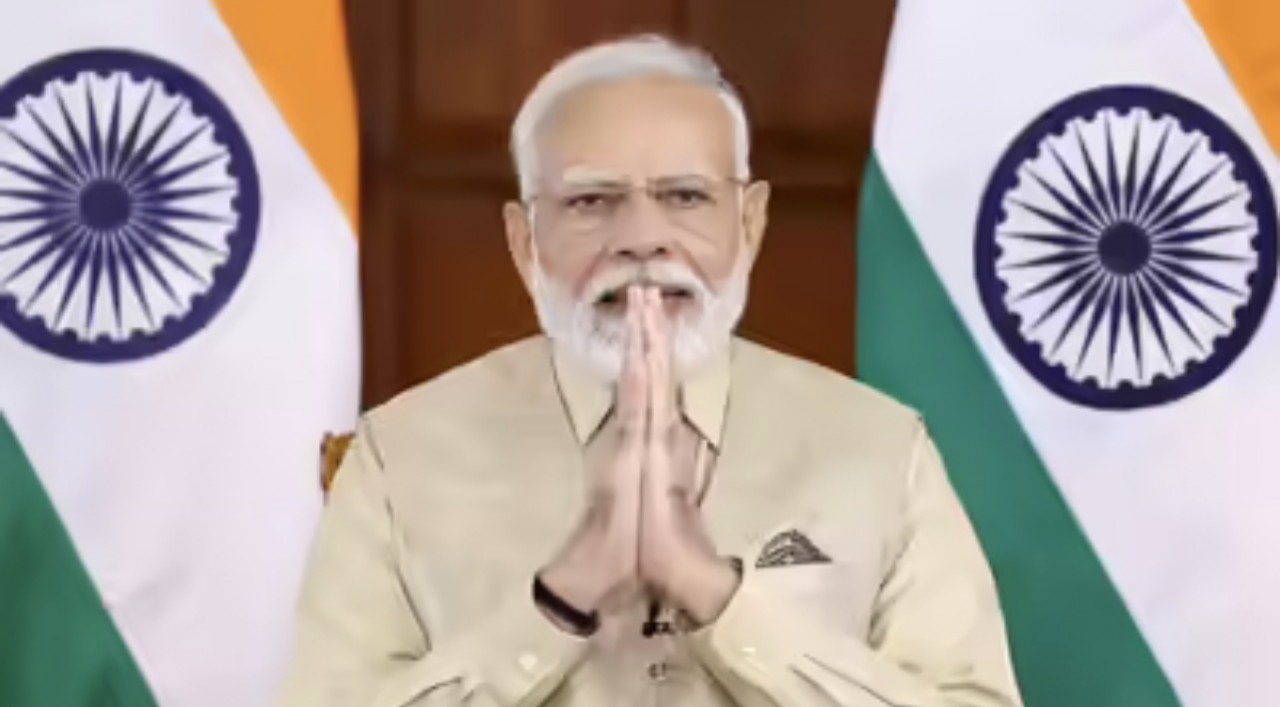 World
World
AI Summit India 2026 Live Updates: ‘Bringing the world together,’ PM Modi welcomes leaders as India hosts AI summit
 World
World
Safran ready to open India engine production in Rafale deal
 World
World
Nepal interim PM Sushila Karki thanks India for March support
 World
World

